November 6, 2019
Safety video: Avoid slipping this winterWatch this video to learn how to avoid slipping and sliding this winter.

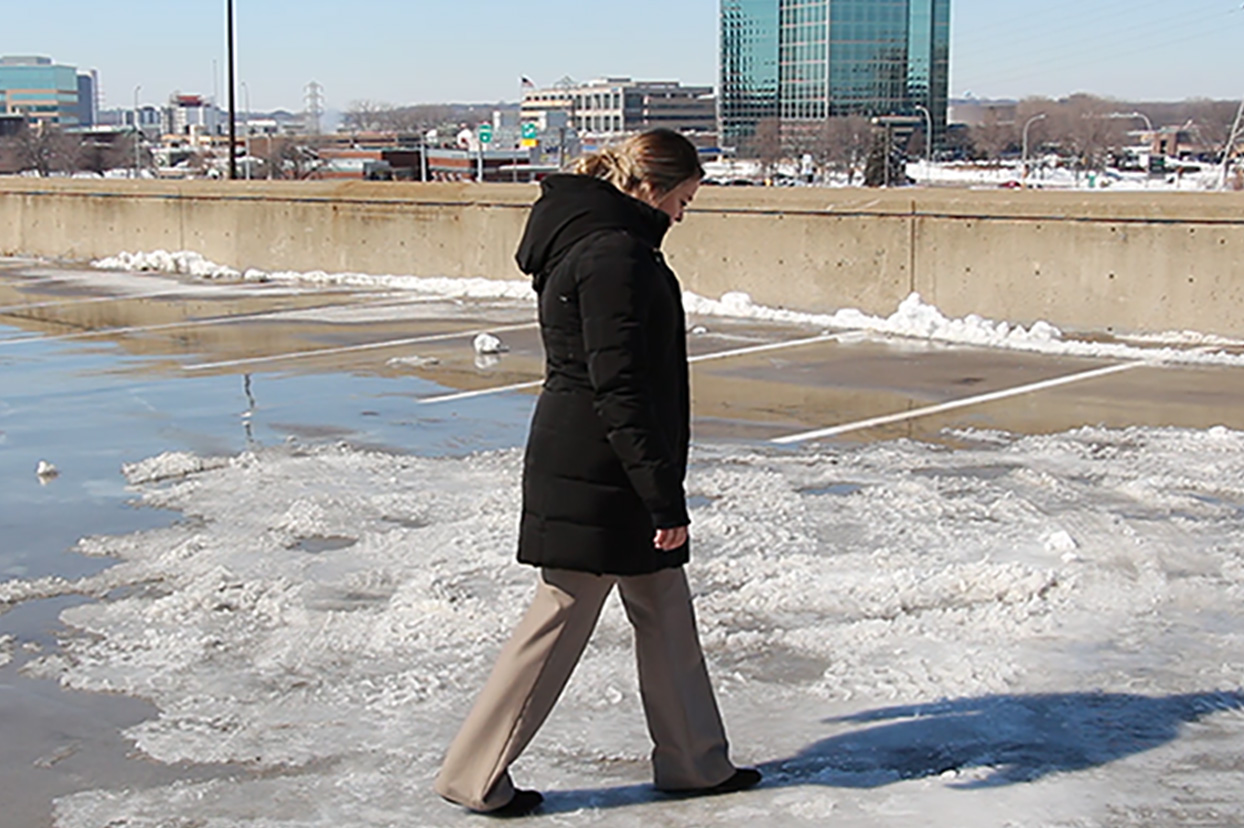
November 6, 2019
Safety video: Avoid slipping this winterWatch this video to learn how to avoid slipping and sliding this winter.

October 23, 2019
Don’t overlook depression and anxiety at workDepression and anxiety. Let’s talk about them. It’s time to shine a light on common disorders that often go unmentioned at work.

October 10, 2019
Forward-looking safetyIf you’re like many employers, you spend considerable time and money making sure your organization adheres to OSHA requirements. It may be tempting to view this as the finish line for preventing injuries, but in reality, maintaining a truly safe workplace means going well beyond compliance.

October 2, 2019
Why chasing shoplifters is an unsafe choice for retail employeesYou might see retailers chasing shoplifters in the movies, but in the real world it’s not a great idea. An employee could fall, get hit by a car or worse.

September 11, 2019
Preventing opioid addictions before they startLearn how SFM is working to prevent opioid addictions with injured workers before they start.

September 4, 2019
Welding and cutting torches: Protect yourself from ear damage caused by hot slagEar injuries can occur anytime someone is welding without ear protection, and the risk is especially high when a welder is working at an odd angle.
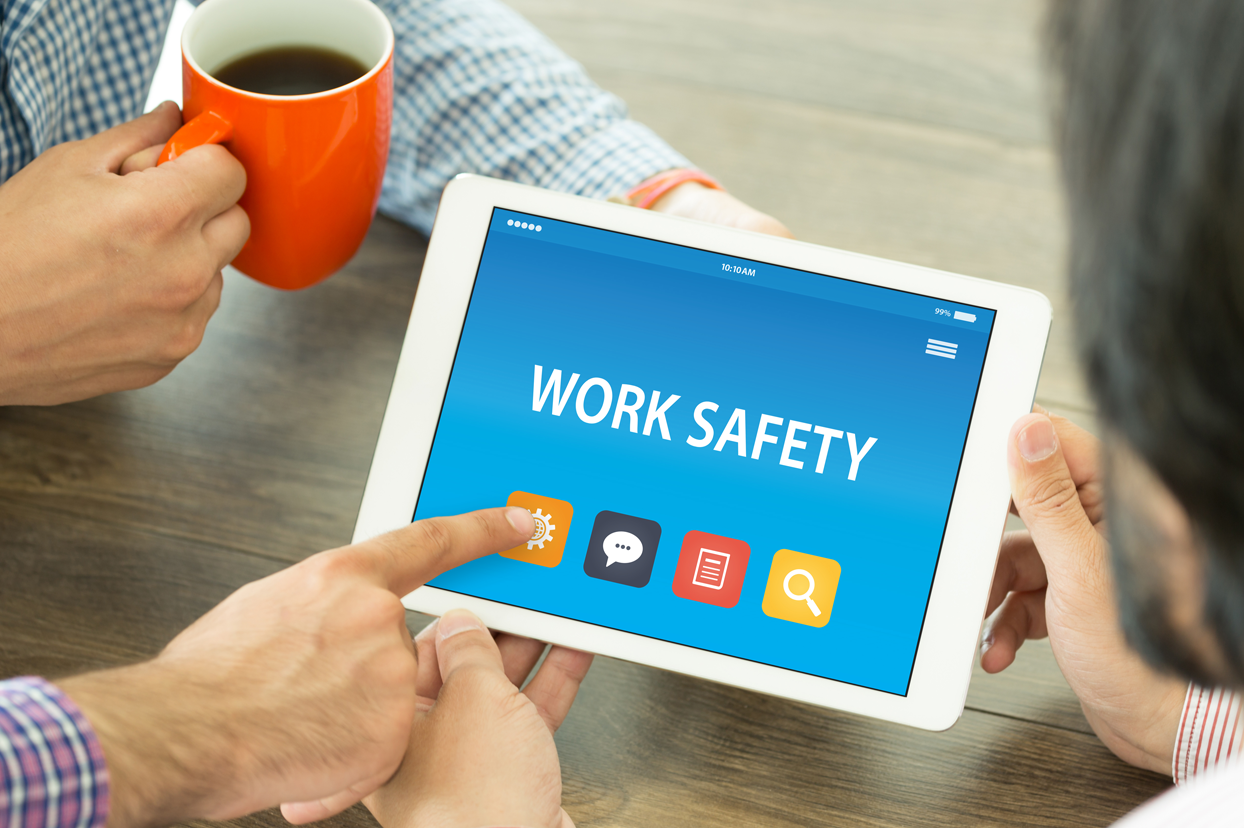
August 28, 2019
Are employees compensated when injured while violating company rules?Employers are can be frustrated to learn that employees injured while violating company safety rules can still receive workers’ compensation benefits in some cases.
August 26, 2019
SFM recognized as breastfeeding supportive employerSFM was recently recognized by the City of Bloomington as one of eight local employers who are supportive of breastfeeding mothers.

August 7, 2019
Preventing and responding to burns in kitchen environmentsUse these tips to avoid burns while working in a kitchen.

July 24, 2019
Creating a policy for employee cell phone use while drivingIf you have employees who drive as part of their jobs, your driving policy should address cell phone use. Use our sample cell phone policy as a guide to create your own.
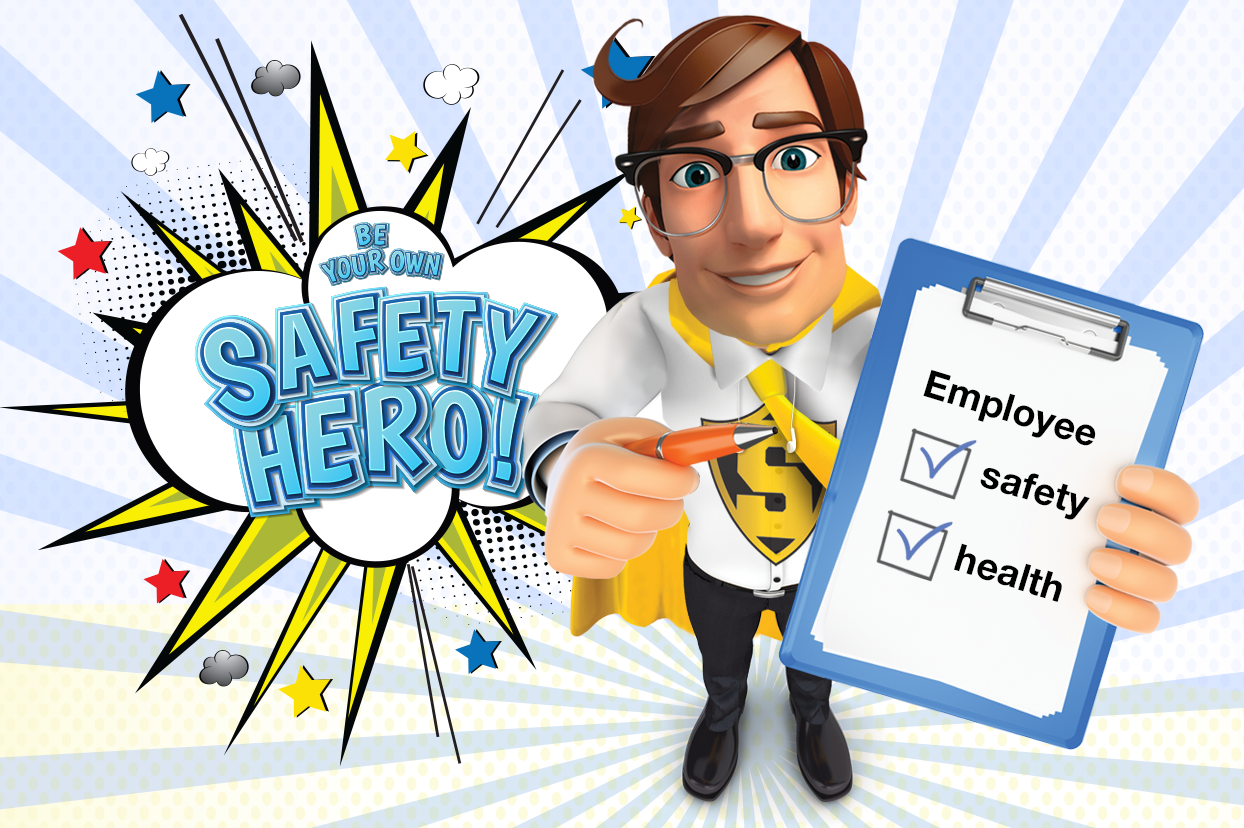
July 17, 2019
15 ways to be your own SAFETY HERO, like SkipDefend yourself against workplace accidents by being aware of hazards. Be a good example. Practice safety in every aspect of your job.

June 25, 2019
Tips for a smooth premium auditRead our premium audit tips to make sure yours goes smoothly, and understand why your annual workers' compensation premium audit is so important.
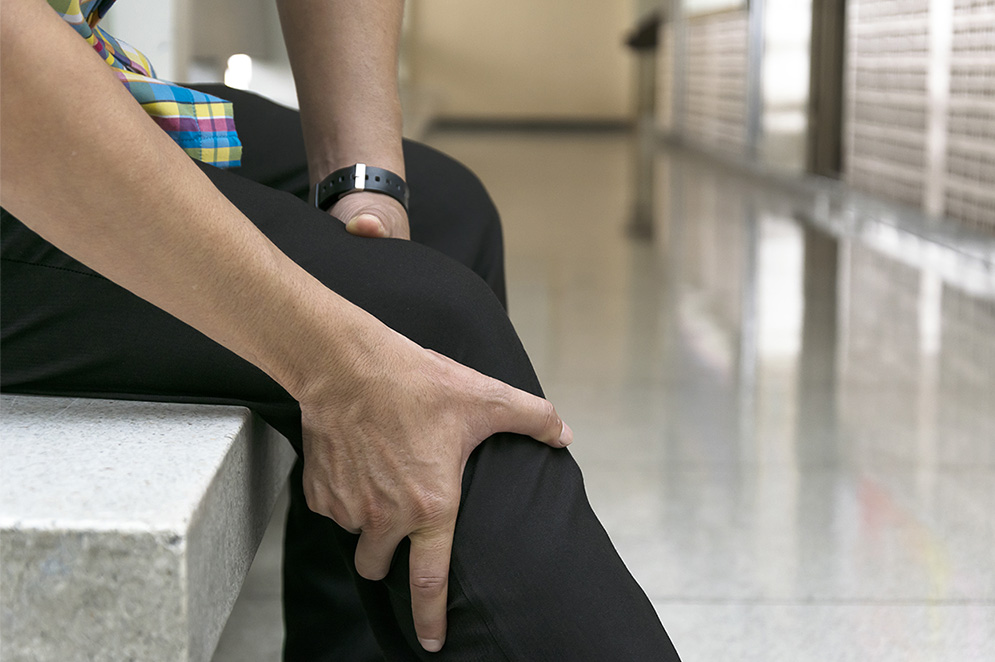
June 19, 2019
Tips to prevent re-injury after return-to-workWhen an employee returns to work after an injury, make sure the employee understands the importance of working within medical restrictions and take these steps to prevent re-injury.

June 13, 2019
Video: Claims representatives talk about their roleClaims representatives talk about how they help injured workers recover and return to work in a new SFM recruiting video.

June 6, 2019
Cut down the risk of injury for your new employeesMake sure prospective hires understand the job and that new employees are properly trained to cut down the risk of injury.

May 29, 2019
Are employee injuries at parties and wellness events eligible for workers' comp benefits?Typically, an injury sustained in an activity that is truly voluntary is not compensable. But if the employee is encouraged or required to participate, or the company benefits from the participation in some way, it could be.

May 15, 2019
Constant distraction can harm employees’ well-beingEmployees can experience stress and burnout when they don’t take enough time to fully disconnect from work.

May 9, 2019
Workers' compensation and home office telecommutingEmployees who are injured while taking a short break from work can be eligible for workers’ compensation benefits. What happens when the injury occurs while the employee is working from home?

April 17, 2019
Free return-to-work resource provides ideas for light-duty jobsWhen injured workers have medical restrictions, it’s sometimes tough to find transitional jobs. That's why SFM created a free listing of ideas, broken down by industry.

April 10, 2019
Are employees working overseas covered by work comp?Employees who are working overseas temporarily are generally covered by their employers' domestic workers' compensation policies.

April 3, 2019
Slip-resistant shoes prevent falls in kitchen environmentsLessen the risk of a slip-and-fall injury by encouraging or requiring your employees to wear slip-resistant shoes, and providing a stipend to make compliance more likely.

March 27, 2019
How opioid painkiller use can impact a workers' compensation claimTaking opioid painkillers long term, or in high doses can have a major impact on an injured worker’s recovery and return to work.

March 13, 2019
Ways to help employees struggling with mental healthYou may have employees who are struggling with their mental health. Offering assistance and education about mental health can help them get back to a healthy place.
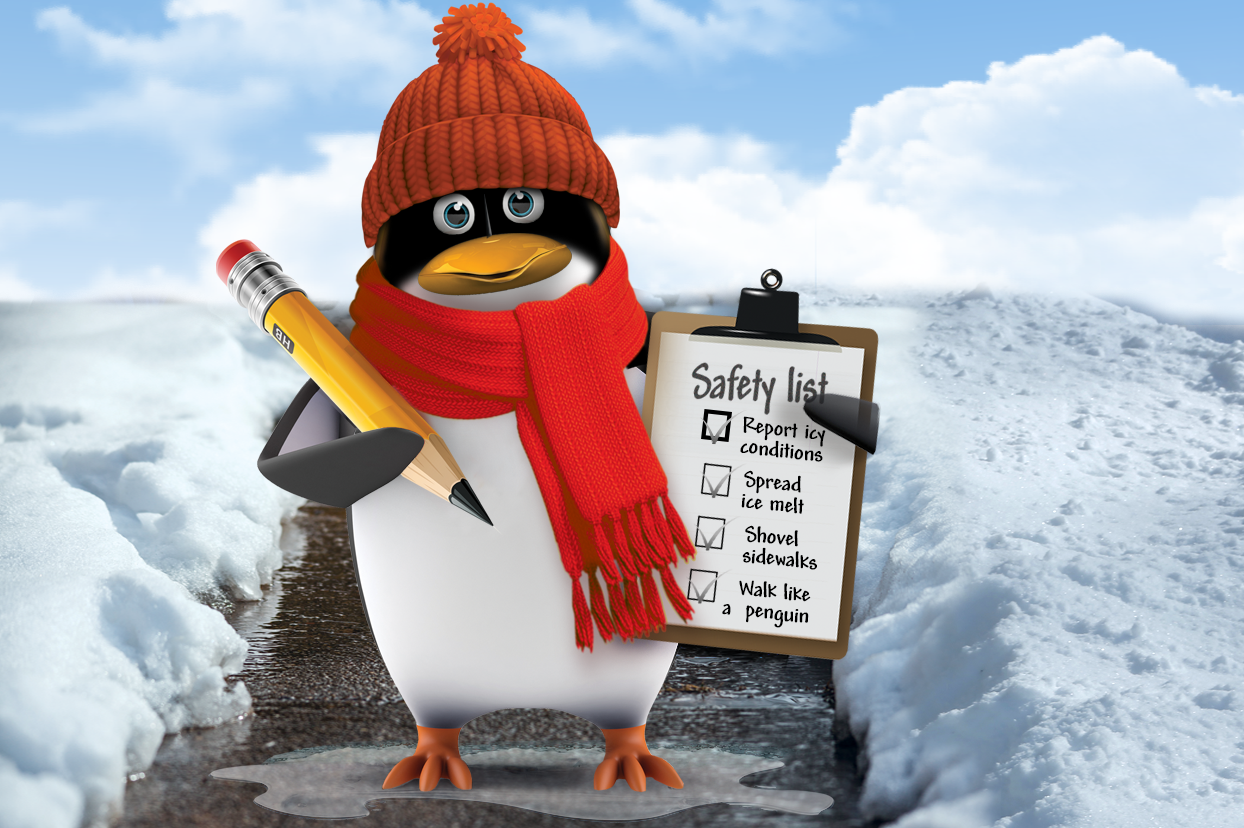
March 7, 2019
Prevent late-winter slips and falls at the workplaceThawing and freezing in late winter can cause dangerous slips and falls. Keep an eye on weather conditions and use caution to prevent injuries.

February 27, 2019
How to prevent eye injuries in the workplaceAn estimated 2,000 eye injuries happen every day in the workplace. You can reduce the risk by knowing the hazards and wearing proper protective eyewear.

January 28, 2019
Fatigue and sleep deprivation in the workplace common, studies findFatigue and sleep deprivation in the workplace come with severe costs to health, safety and the economy.
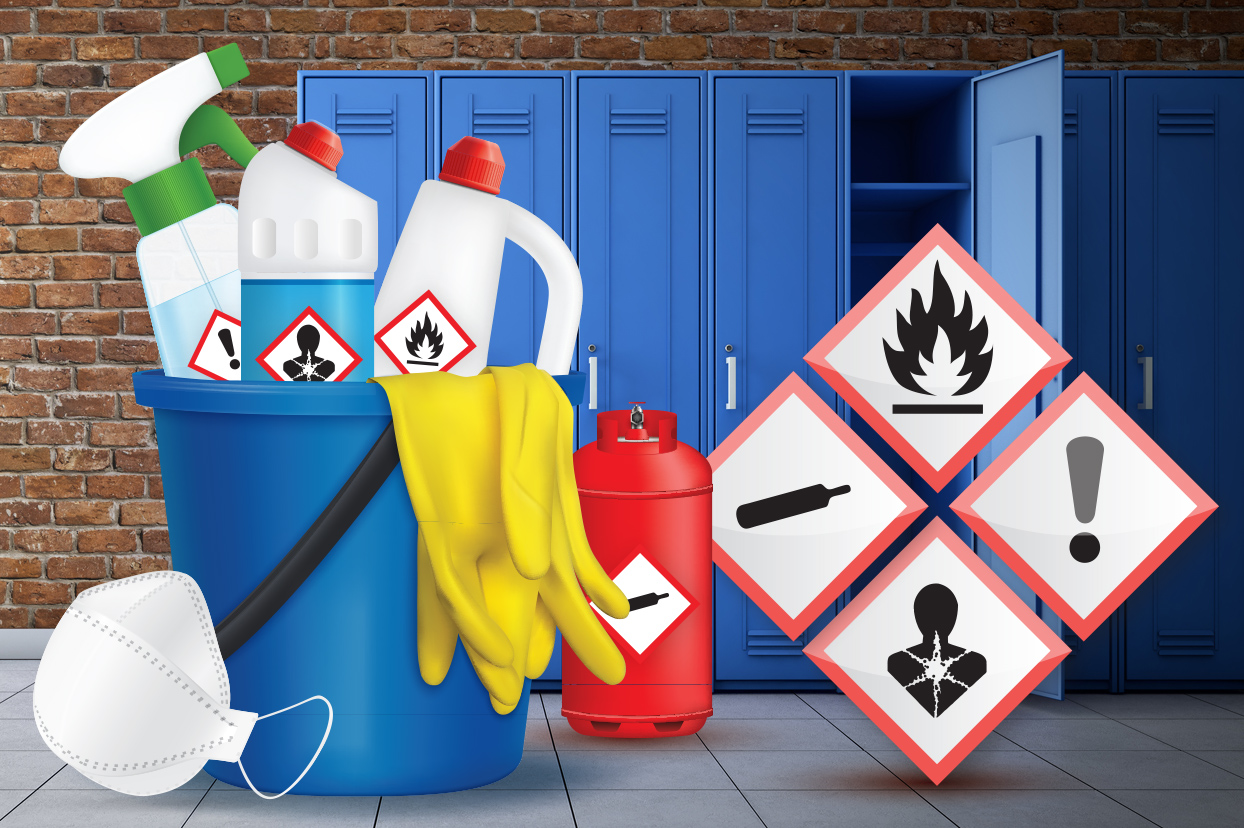
January 23, 2019
Managing hazardous chemical risks in the workplaceKeeping workers safe from dangerous materials is vital, yet compliance standards for proper management of hazardous chemicals can present challenges.

January 11, 2019
The health care workers at greatest risk for on-the-job injuriesIt’s more dangerous to work in a hospital than to construct one. That’s based on the Bureau of Labor Statistics data on non-fatal injuries by occupation.
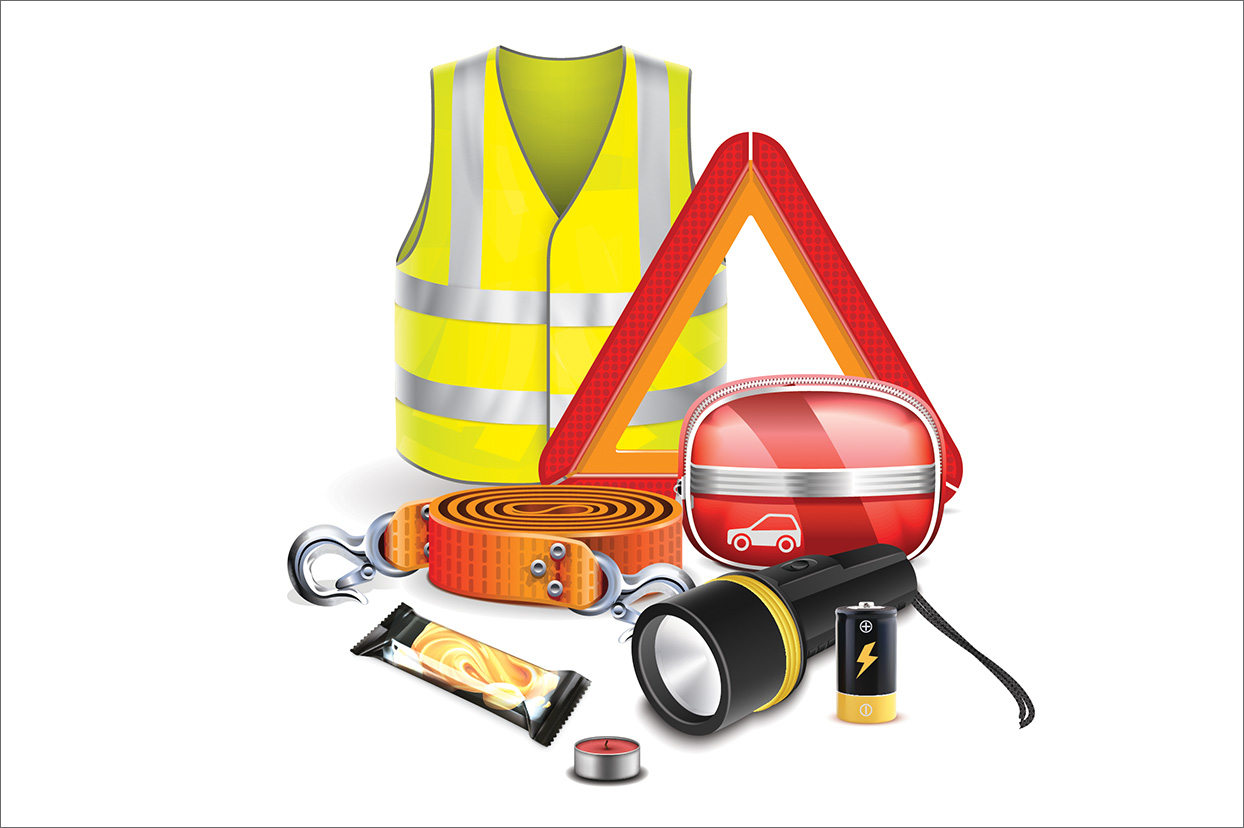
January 9, 2019
What safety pros keep in their winter emergency kitsWe asked SFM’s loss prevention representatives what we’d find in the safety kits they keep in their cars in case of roadside emergencies. Here's what they said.

December 19, 2018
Prevent litigation, stay in contact with injured employeesMany litigated workers’ compensation cases could have been avoided if the employer had taken the time to show concern for the employee’s welfare during the early stages of the claim.